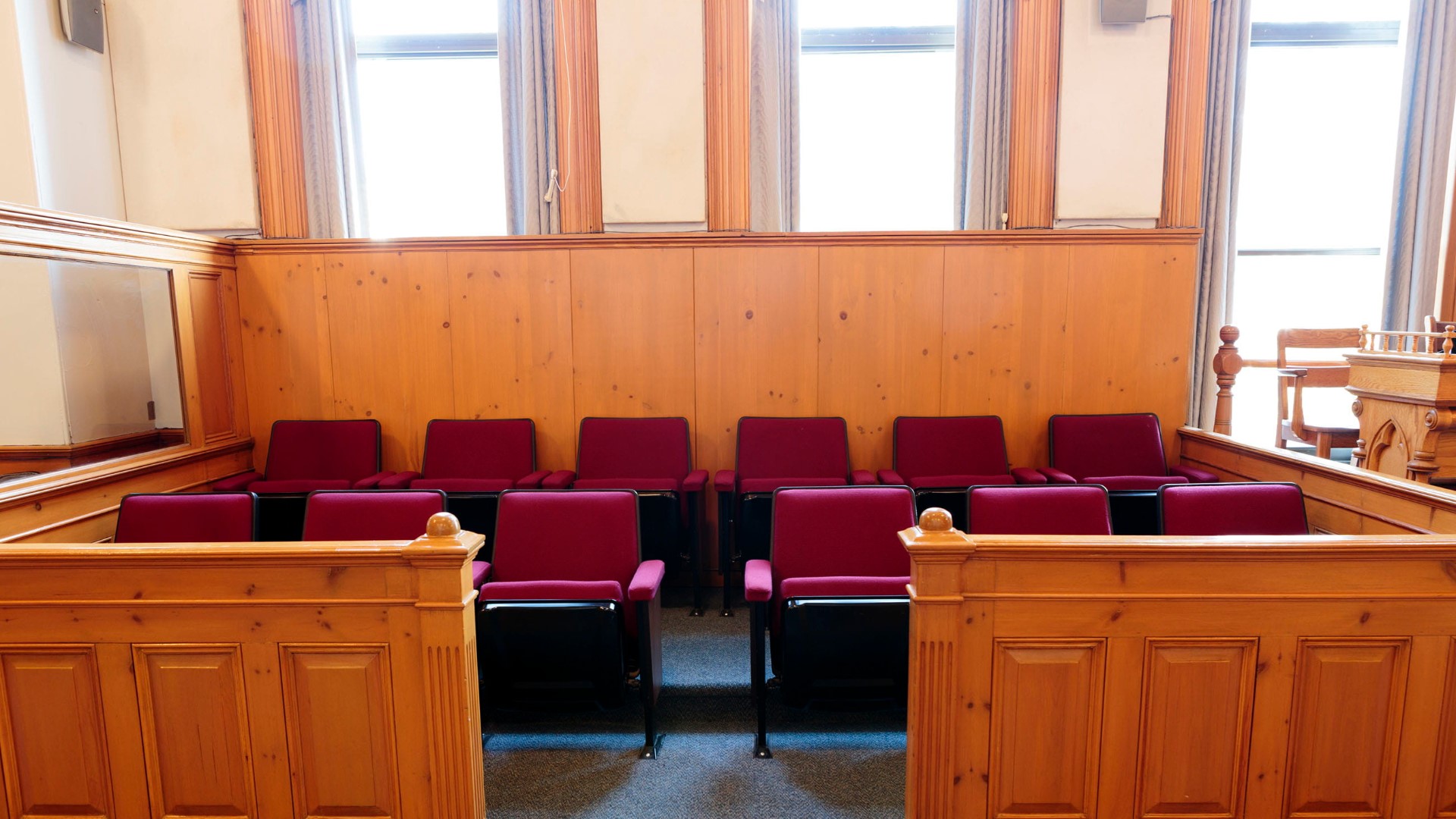Government Proposes to Limit Jury Trials to the Most Serious Criminal Cases

How Lammy’s Proposal Could Shake Up The Justice System
The Justice Secretary, David Lammy, has proposed sweeping reforms that could end the automatic right to a jury trial for most criminal cases in England and Wales.
Under the leaked Ministry of Justice plans, only defendants charged with the most serious offences – including murder, manslaughter, rape, or other cases deemed to be of high public interest – would be guaranteed trial by jury.
If implemented, the move would mark one of the most significant changes to the criminal justice system in centuries, reshaping how serious offences are tried and raising profound questions about fairness, transparency, and public confidence in the justice process.
What the Proposed Reforms Would Mean
The plans, seen by BBC News, form part of an internal Ministry of Justice (MoJ) briefing designed to address record backlogs in the criminal courts.
With more than 78,000 cases currently awaiting trial – and projections that the figure could exceed 100,000 by 2030 – ministers are under growing pressure to speed up justice for victims and defendants alike.
Under the proposals, a new tier of courts – the Crown Court Bench Division (CCBD) – would be created to handle cases carrying potential prison sentences of up to five years.
These cases would be tried by a judge sitting alone, without a jury, similar to how magistrates’ courts operate but with greater sentencing powers.
The only offences automatically entitled to a jury trial would be those involving homicide, rape, or other offences judged to meet a strict “public interest test.” Financial and fraud-related cases could also be heard by a judge alone if deemed “technical and lengthy.”
The Ministry of Justice has emphasised that “no final decision has been taken,” but internal documents describe the plan as having “maximum impact” to reduce court delays.
The Government’s Position
The Justice Secretary argues that the reforms are intended to address a criminal justice system at crisis point, with court delays causing distress to victims and uncertainty for defendants.
According to the MoJ document, the reforms would “improve timeliness in the Crown Court through extra hearing capacity” while maintaining fairness.
The government’s position is that there is no absolute legal right to trial by jury in English law, and that judge-only trials can still meet the requirements of a fair trial under the Human Rights Act 1998 and Article 6 of the European Convention on Human Rights (ECHR).
A spokesperson for the Ministry of Justice said:
“There is a crisis in the courts, causing pain and anguish to victims – with 78,000 cases in the backlog and rising — which will require bold action to put right.”
Concerns Over Erosion of a Fundamental Safeguard
The proposals have provoked a strong reaction from across the legal profession and political spectrum. Riel Karmy-Jones KC, chair of the Criminal Bar Association, warned the proposals risk;
“Destroying a criminal justice system that has been the pride of this country for centuries. Juries are not the cause of the backlog. The cause is years of underfunding, court closures, and chronic staff shortages.”
Former judge Wendy Joseph KC described the plans as “an absolutely fundamental change to the principles of justice in the UK,” warning that many judges would feel “deeply uncomfortable” about being the sole arbiters of guilt in serious criminal cases.
Others, including Baroness Helena Kennedy KC, have stressed that juries provide an essential safeguard of public participation – a “valve on the system” that helps maintain trust in the fairness of verdicts.
Political Reaction
The political response has been equally divided. Kemi Badenoch, leader of the Conservative Party, criticised the proposals as “a short-term decision that risks fairness, undermines public trust, and erodes the very foundation of our justice system.”
The Liberal Democrats have called the idea “disgraceful,” warning that it would “dismantle our justice system and fail victims in the process.” Meanwhile, Lord Falconer, a former Labour Justice Secretary, urged caution, stating that “public confidence depends on knowing that the guilty are convicted and the innocent acquitted.”
Balancing Efficiency and Justice
While the backlog in criminal cases is a genuine and serious concern, many legal professionals argue that the solution cannot come at the expense of fundamental rights.
Jury trials are not merely a procedural tradition – they are a cornerstone of the English legal system, placing decision-making power in the hands of ordinary citizens rather than the state.
From a criminal defence perspective, trial by jury offers vital protections.
It allows twelve independent members of the public to assess the evidence collectively, ensuring that verdicts reflect the conscience of the community rather than the judgment of a single official.
Removing that safeguard could increase the risk of miscarriages of justice, particularly in complex or sensitive cases where credibility and motive are central issues.
There are also questions about whether defendants will retain the right to elect a jury trial in borderline cases – a key issue that could determine the fairness and acceptability of any new system.
What Could Happen Next
The Ministry of Justice is expected to seek cross-departmental approval before making a formal announcement, likely in December.
If the proposals proceed, legislation could be introduced in the New Year to establish the new court structure and limit the scope of jury trials.
In the meantime, the debate will continue to test the balance between efficiency and justice, and whether reforms to ease court pressure can be achieved without eroding one of the country’s most historic legal protections.
How We Can Help
Of couse, we will be keeping an eye on developments. If you would have any questions or concerns about legal representation in court, please don’t hesitate to get in touch. Call us now on 0161 477 1121 or email us.


